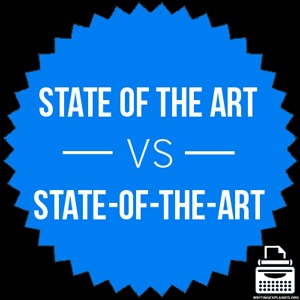Greg Jackson in Harper’s Magazine:
 Great tracts of culture, notably the arts, arise to give sanctuary and form to private truth within a public context. They maintain a bridge between personal and social convictions—the solitary testimony of the soul and the necessary agreements of the group. This realm of culture helps a person feel less alone in their private experience, which is always partly at odds with, or unacknowledged by, the official story. By awakening people to the legitimacy of their feelings, art gives them confidence that their experience is not an anomalous, lonely event, but something others share in, and that it may be reasonable, therefore, to question the tyranny of public opinion.
Great tracts of culture, notably the arts, arise to give sanctuary and form to private truth within a public context. They maintain a bridge between personal and social convictions—the solitary testimony of the soul and the necessary agreements of the group. This realm of culture helps a person feel less alone in their private experience, which is always partly at odds with, or unacknowledged by, the official story. By awakening people to the legitimacy of their feelings, art gives them confidence that their experience is not an anomalous, lonely event, but something others share in, and that it may be reasonable, therefore, to question the tyranny of public opinion.
Politics’ colonization of culture in contemporary America has greatly damaged this public lifeline to the private psyche. In a Cato Institute survey conducted last summer, 62 percent of Americans reported being afraid to air their views in public. The numbers were highest among conservatives, but a majority of liberals and moderates agreed with the premise as well. Only “strong liberals” still felt comfortable speaking up, although even they had become decidedly more apprehensive since 2017.
The consistent surprise that as many people seem to like Donald Trump as actually do—his routine outperformance of polls and forecasts—is the sort of thing one might expect in an environment where people are hesitant to express themselves in public. But we may each measure for ourselves the toleration of our beliefs by judging how often we wonder in our hearts whether stating them in public is perilous. Where, when public opinion rules, does private truth find an outlet?
More here.
